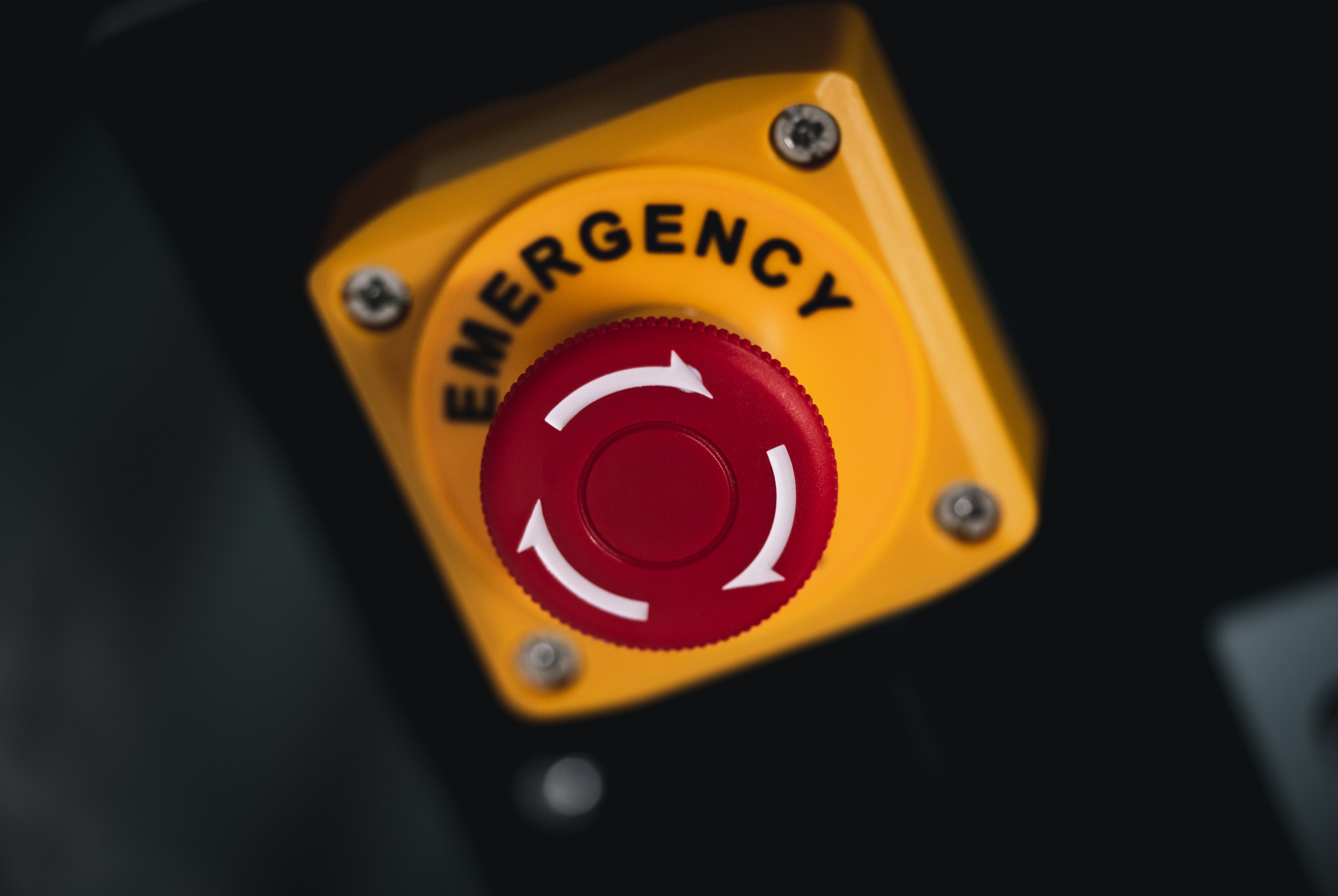Effective Communication During Emergencies: Key Practices for Ensuring Safety and Efficiency

In any emergency, effective communication is paramount to ensuring safety and efficiency. Secure Measures, a leader in providing emergency preparedness and workplace safety training, offers key insights and practices to enhance communication during crises.
The Importance of Effective Communication During Emergencies
Effective communication during emergencies involves several critical aspects that ensure everyone understands the situation, their roles, and necessary actions. Clarity, using simple language, prevents misunderstandings.
Conciseness allows quick, essential information dissemination, saving time. Timeliness ensures real-time updates, aiding prompt decision-making. Accurate information prevents rumors and maintains trust.
Consistency in messaging avoids mixed signals, promoting a unified response. By addressing these aspects, effective communication reduces panic, confusion, and errors, leading to a more coordinated and efficient emergency response.
These elements are crucial for maintaining safety and efficiency during crises.
Key Practices for Effective Emergency Communication
- Develop a Comprehensive Communication Plan:
- Establish clear protocols for how information will be communicated during an emergency.
- Identify key communication channels (e.g., emails, text messages, public announcements) and ensure they are accessible to all stakeholders.
- Train Employees Regularly:
- Conduct regular training sessions to familiarize employees with the communication plan and emergency procedures.
- Role-playing different scenarios can help employees understand their roles and responsibilities during an actual emergency.
- Utilize Technology:
- Leverage technology to disseminate information quickly and efficiently. This includes mass notification systems, mobile apps, and social media.
- Ensure that all technological tools are regularly updated and tested.
- Establish a Clear Chain of Command:
- Define roles and responsibilities clearly to avoid confusion and ensure a coordinated response.
- Ensure that all employees know who to report to and who will be disseminating critical information.
- Regularly Update Contact Information:
- Maintain an up-to-date contact list for all employees, emergency services, and key stakeholders.
- Regularly verify and update this information to ensure its accuracy during an emergency.
- Foster a Culture of Open Communication:
- Encourage employees to communicate any potential hazards or concerns they notice.
- Create an environment where employees feel comfortable reporting issues without fear of retaliation.
- Conduct Post-Emergency Reviews:
- After an emergency, review the communication process to identify any gaps or areas for improvement.
- Use this feedback to update and improve the communication plan.
Secure Measures' Approach to Emergency Communication
At Secure Measures, we emphasize the importance of customized training and preparedness solutions. Our services include:
- Online and Onsite Training: Tailored programs to meet the specific needs of your business.
- Workplace Violence Prevention: Strategies to communicate effectively and manage threats.
- Emergency Preparedness: Comprehensive planning and training to ensure readiness.
- Cybersecurity: Protecting digital communication channels from threats.
Enhancing communication strategies during emergencies is essential for businesses to ensure a coordinated and effective response. Clear, concise, and timely communication reduces panic, confusion, and errors, allowing employees to understand their roles and take appropriate actions swiftly. Regular training and advanced technology can significantly improve communication efficiency.
Fostering a culture of open communication encourages employees to report potential hazards, enhancing overall safety. These practices build resilience, ensuring businesses are well-prepared for any crisis. Effective communication also maintains trust and confidence among employees and stakeholders, promoting calm and cooperation during emergencies.
Secure Measures' expertise in developing comprehensive communication plans and training programs equips businesses to handle crises with confidence. Implementing these practices enhances emergency communication strategies, ensuring a safer and more efficient response to any crisis.
Our expertise in emergency preparedness and workplace safety provides the necessary tools and training to achieve these goals while our customized solutions address the unique needs of each business, providing the necessary tools and strategies to enhance emergency communication.
For more information on Secure Measures' services and how we can help your business stay prepared, visit our Services page.





